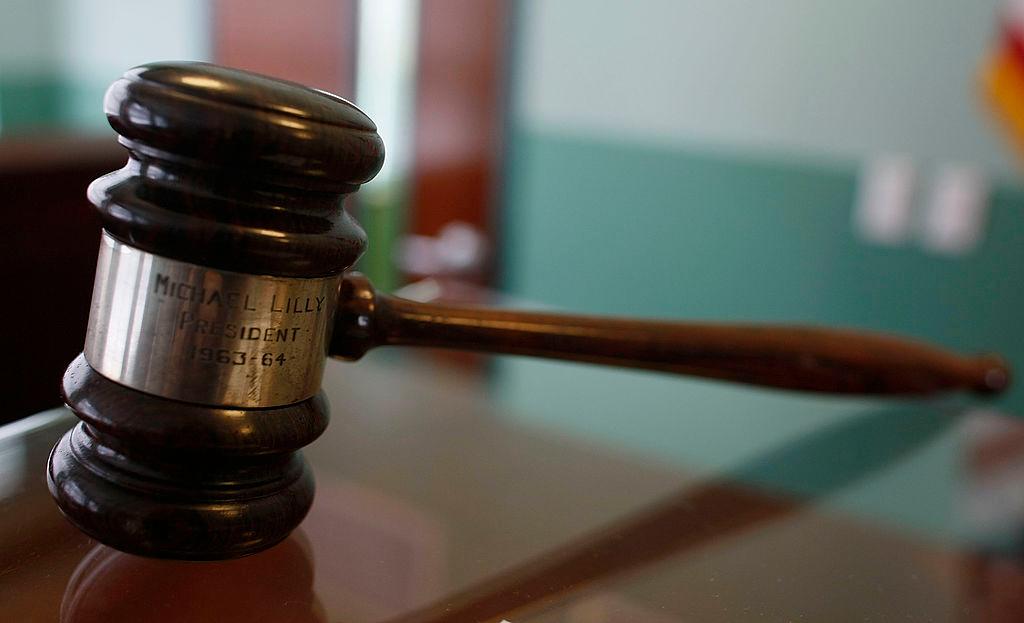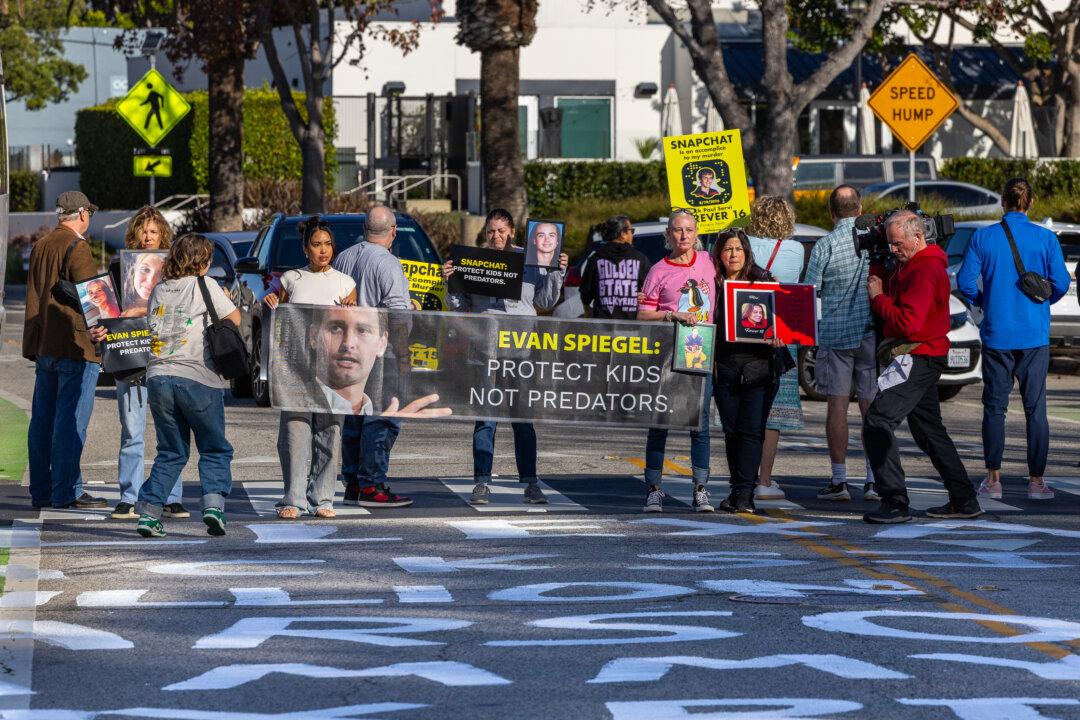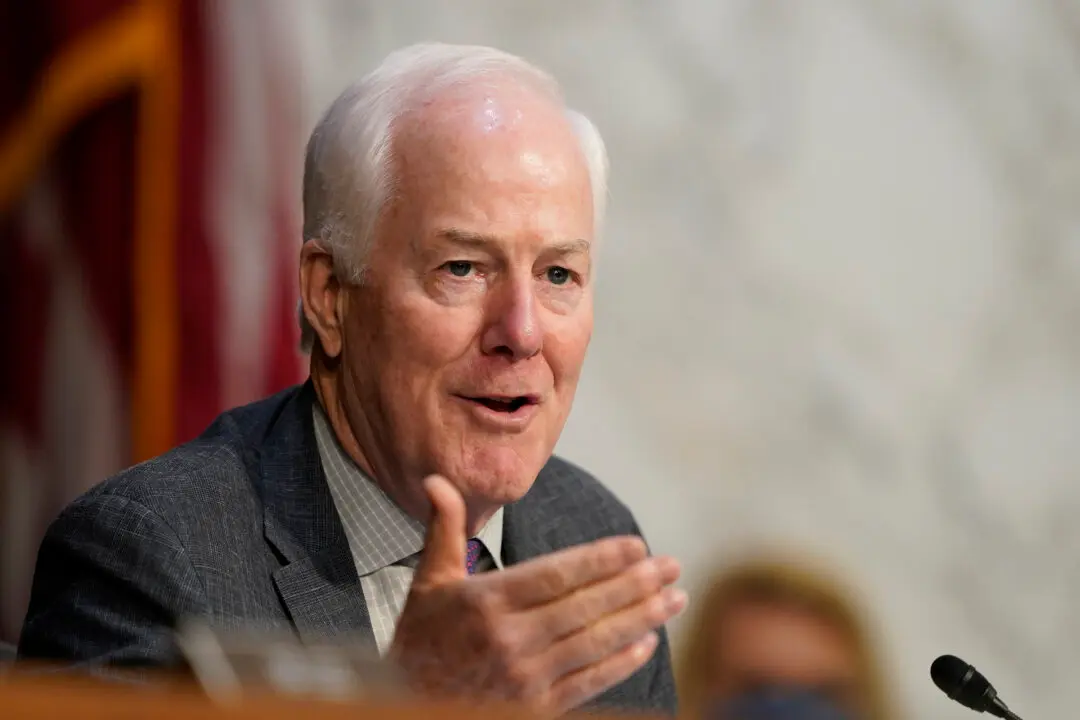A former Ohio politician is seeking to have his two federal corruption-related convictions thrown out—a challenge that ought to prevail, according to a legal scholar who has followed the case closely.
Lawyers for Alexander “P.G.” Sittenfeld, a former Cincinnati city council member who was convicted in July of bribery and attempted extortion, filed motions for acquittal and a new trial on Sept. 30 in the U.S. District Court in Cincinnati.





